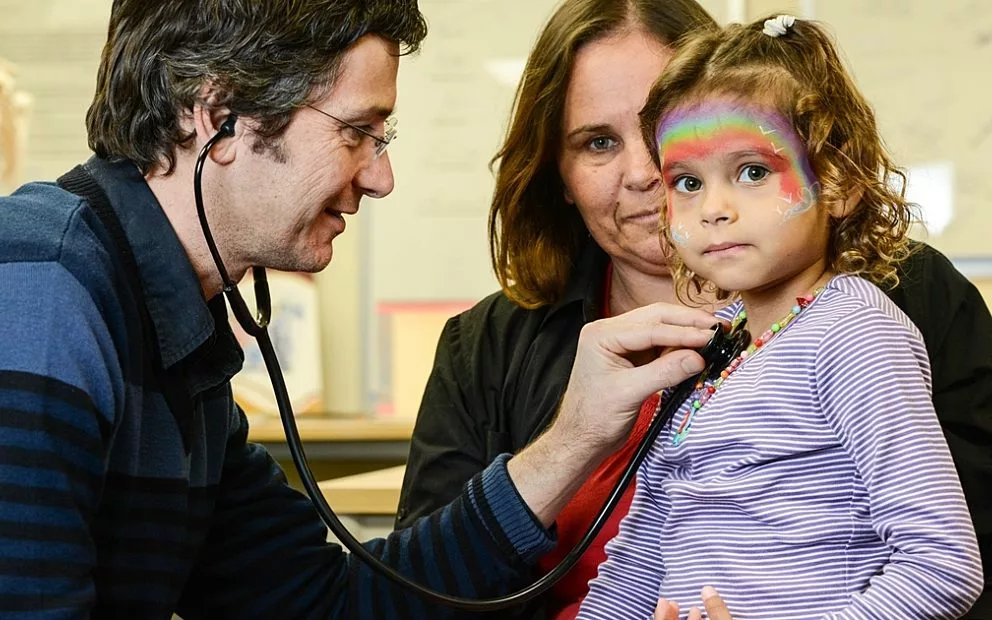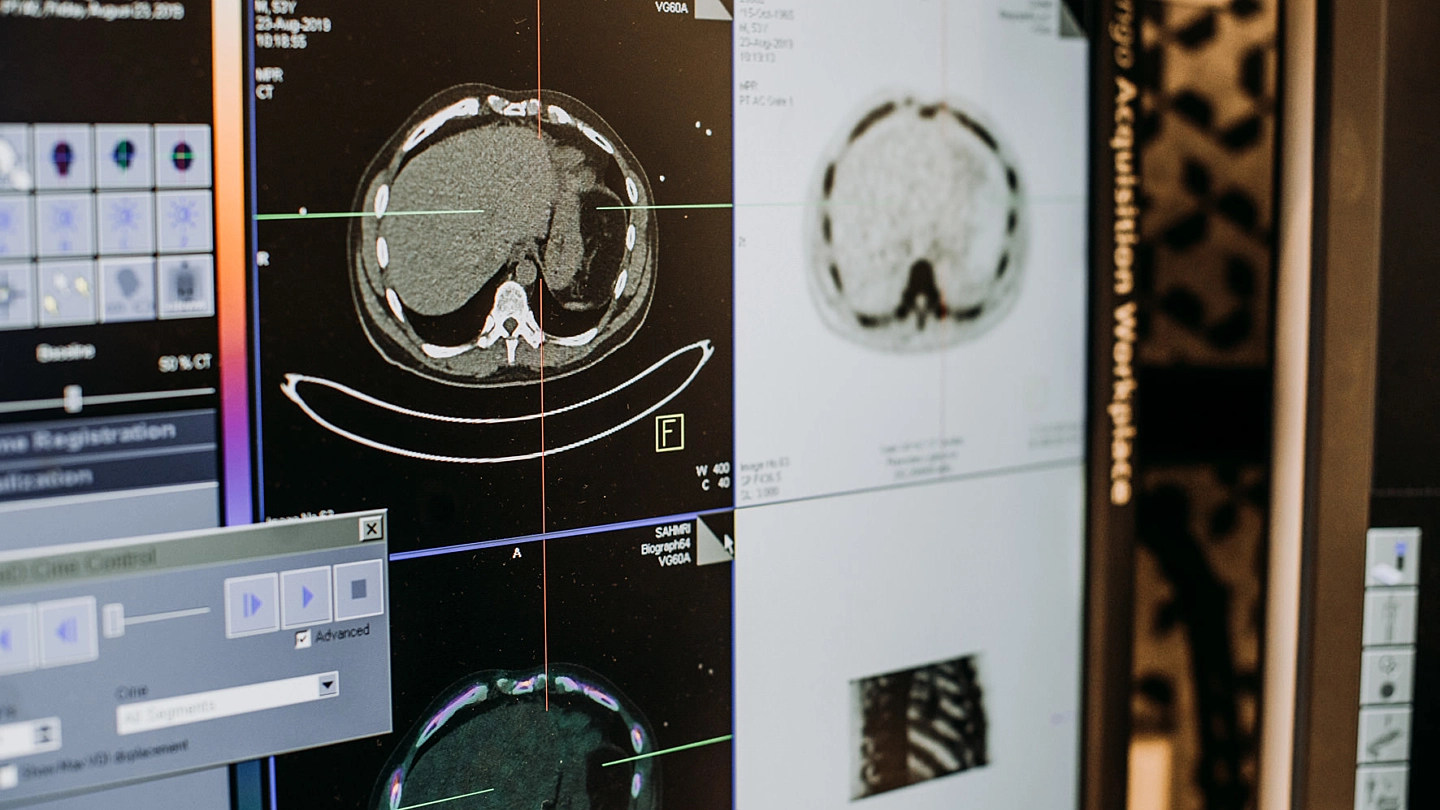The 2017 Federal Budget has delivered positive news for all Advanced Health Research and Translation Centres (AHRTCs) and Centres for Innovation in Regional Health (CIRHs) in Australia, with the announcement of $10 million in funding.
The South Australian Academic Health Science and Translation Centre (SA Centre) is one of four AHRTCs accredited by the National Health and Medical Research Council (NHMRC).
Professor Steve Wesselingh, Director of the SA Centre, said the SA Centre has brought together, in a whole-of-state collaborative network, the state’s academic, research and health care delivery agencies to help advance translation of evidence into clinical care for improved health outcomes.
“Despite the SA Centre being very young, it has achieved a lot. This funding is a vote of confidence from the government and will assist us in conducting rapid transformational research that will provide solutions to healthcare issues that will directly benefit patients,” Professor Wesselingh said.
“The SA Centre is incredibly grateful to the Australian Government for including the AHRTCs in the first disbursements from the Medical Research Future Fund.
“We are confident this funding will assist in translating research into real health benefits, breakthrough investments in new technologies and challenges, and enhancing Australia’s reputation for research excellence and leadership,” he said.
This funding will be instrumental in supporting projects identified as priorities by the SA Centre, such as:
Reducing deaths from colorectal cancer
The Beat Bowel Cancer Project is designed to reduce premature death from bowel cancer in the South Australian population by applying the evidence that already exists. This project will demonstrate the value of an integrated knowledge translation approach to improve the bowel cancer clinical pathway from screening to management and will underpin the large, ongoing program of work to eradicate premature deaths from this disease in South Australia by 2030.
Reducing the risk of preterm birth
Evidence from clinical trials and cohort studies suggests that women with low nutritional status of omega-3 fats have higher risk of preterm birth. One in 12 babies in Australia is born preterm and the global rate of prematurity is one in nine. This project will use data from over 5000 pregnant women to identify those women who are at increased risk of early preterm birth due to an omega-3 insufficiency, and for whom omega-3 supplementation is most likely to reduce the risk of preterm birth.
Chronic care models – improving transition from tertiary to primary health care
Chronic diseases remain the primary contributors to life expectancy differentials between Indigenous and non-Indigenous Australians, and pose the greatest challenge to sustainable health care delivery and affordability. The SA Centre will establish an implementation pilot study, which will focus on coordination and provision of comprehensive post-discharge care and rehabilitation for Aboriginal patients hospitalised due to a chronic disease event or complication.


